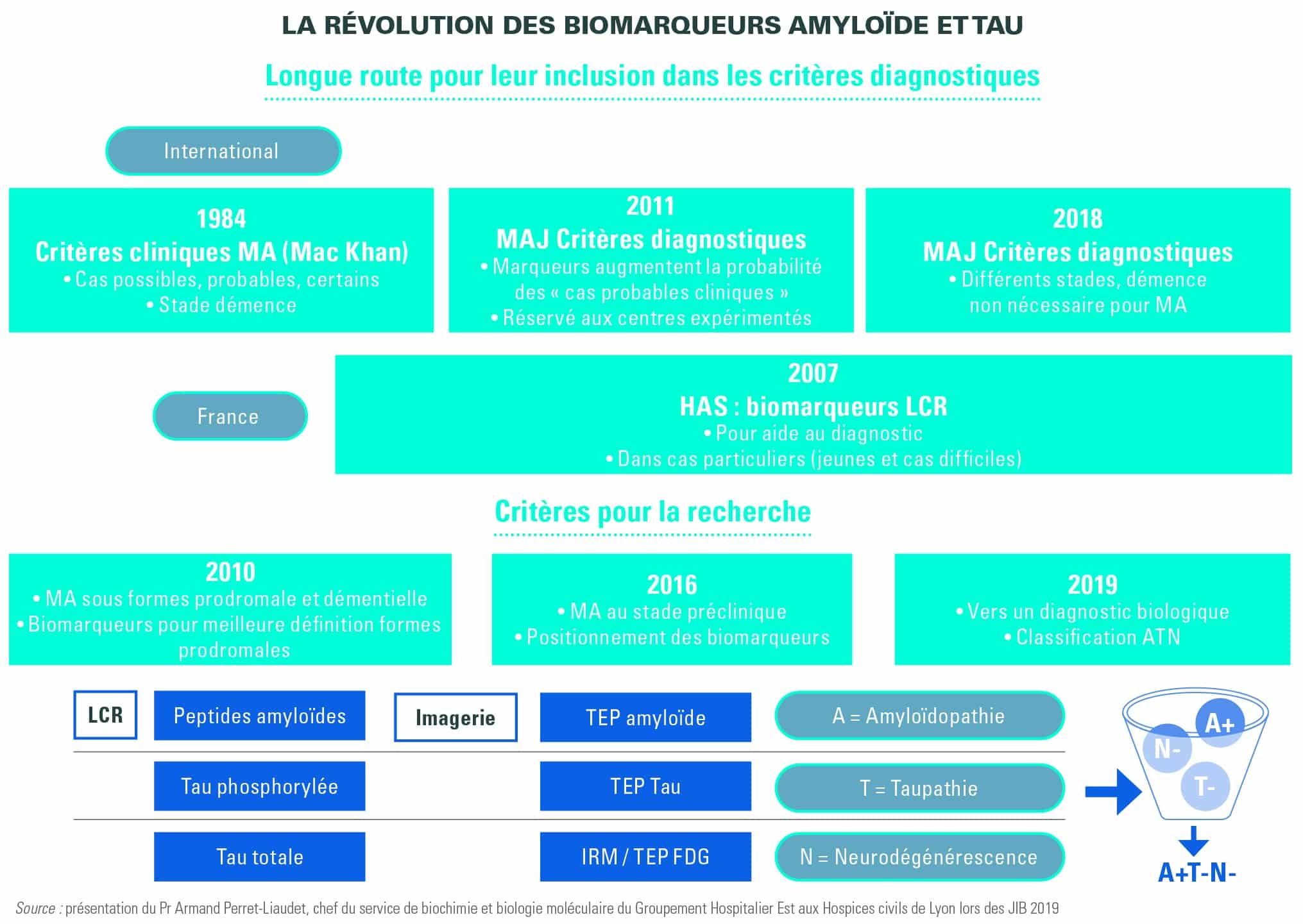Technological advances, particularly in terms of digital biomarkers, open up new perspectives for improving the role of general practitioners in the early detection of Alzheimer’s disease. By allowing faster and more precise identification of the first signs of this complex pathology, these innovative tools offer the hope of appropriate monitoring and treatment for patients. The integration of these biomarkers into daily medical practice could entirely transform the diagnostic landscape, facilitating access to early care and contributing to a better quality of life for those affected by this devastating disease.
|
IN BRIEF
|
Early detection of Alzheimer’s disease constitutes a major challenge in the fight against this pathology. Thanks to advances in digital biomarkers, the role of general practitioners is now reinforced in the diagnostic process. By integrating these innovations, practitioners can not only improve early detection of warning signs, but also monitor the progression of the disease with increased precision.
Digital biomarkers: a new tool for general practitioners
THE digital biomarkers represent a significant advance in the detection of cognitive disorders linked to Alzheimer’s disease. These indicators, measurable through blood tests or imaging tests, allow an objective assessment of brain functions. By facilitating access to these tools, we offer general practitioners the possibility of diagnosing the disease earlier and more accurately, before the appearance of serious clinical symptoms.
Improved early detection
Early detection is crucial for the management of Alzheimer’s disease. Thanks to the blood biomarkers, general practitioners are able to detect biological changes even before cognitive symptoms appear. This proactive approach not only contributes to better patient care, but also to more effective treatments, which can slow the progression of the disease.
Personalized monitoring for each patient
With the integration of digital biomarkers, the monitoring of patients with Alzheimer’s disease becomes more personalized. Based on objective data, general practitioners can adapt treatment plans according to the progress of each individual. This allows a more targeted approach, thus increasing the chances of therapeutic success and improvement in patients’ quality of life.
Interdisciplinary collaboration: a key to success
To optimize the use of digital biomarkers, a collaboration between general practitioners and other specialists is essential. Neurologists, psychologists and geriatricians must work together to share their knowledge and resources. This interdisciplinary collaboration will promote a more complete diagnosis and enrich the care protocols put in place for patients.
Resources and tools for general practitioners
To help general practitioners learn about these innovations, several resources are now available to them. Continuing education programs, webinars and practical guides make it easy to integrate the digital biomarkers in their daily practice. Additionally, platforms such as Defeat Alzheimer’s provide recent studies and relevant data to enrich their knowledge on the subject.
Conclusion: a promising future
Technological advances in digital biomarkers pave the way for a promising future in the early detection of Alzheimer’s disease. By strengthening the role of general practitioners, it is hoped to improve not only the diagnosis but also the quality of life of patients, thus offering a new perspective in the fight against this devastating disease.
Maladie de Parkinson : une plateforme de biomarqueurs numériques pour un diagnostic différentiel https://t.co/mY4yAVLDoP
— GxP LanguageServices (@GxP_Services_FR) July 3, 2024
Strengthen the role of general practitioners constitutes a crucial step in the fight against Alzheimer’s disease, in particular by integrating digital biomarkers in diagnostic procedures. These technological advances not only facilitate early detection of the disease, but also enable rapid intervention, essential for improving patient care.
General practitioners, often the first point of contact for patients, play a fundamental role in identifying early symptoms of Alzheimer’s disease. By using tools based on digital biomarkers, they can perform more accurate and appropriate screenings, giving patients the ability to quickly access the care they need. The integration of these biomarkers into daily clinical practices could transform the way these health professionals approach the diagnosis of cognitive disorders.
In addition, access to blood biomarkers could also reduce waiting times for traditional tests, promoting faster diagnosis and immediate implementation of therapeutic strategies. This process optimizes the management of medical resources, while guaranteeing tailor-made monitoring for each patient, which could translate into improved quality of life and increased support for the families concerned.
Finally, education and training of general practitioners on the interpretation of digital biomarkers are essential. This will equip them to face the challenges of an aging population and the increasing prevalence of Alzheimer’s disease. By investing in these tools and skills, we can ultimately hope to provide a brighter future for patients affected by this devastating disease.













